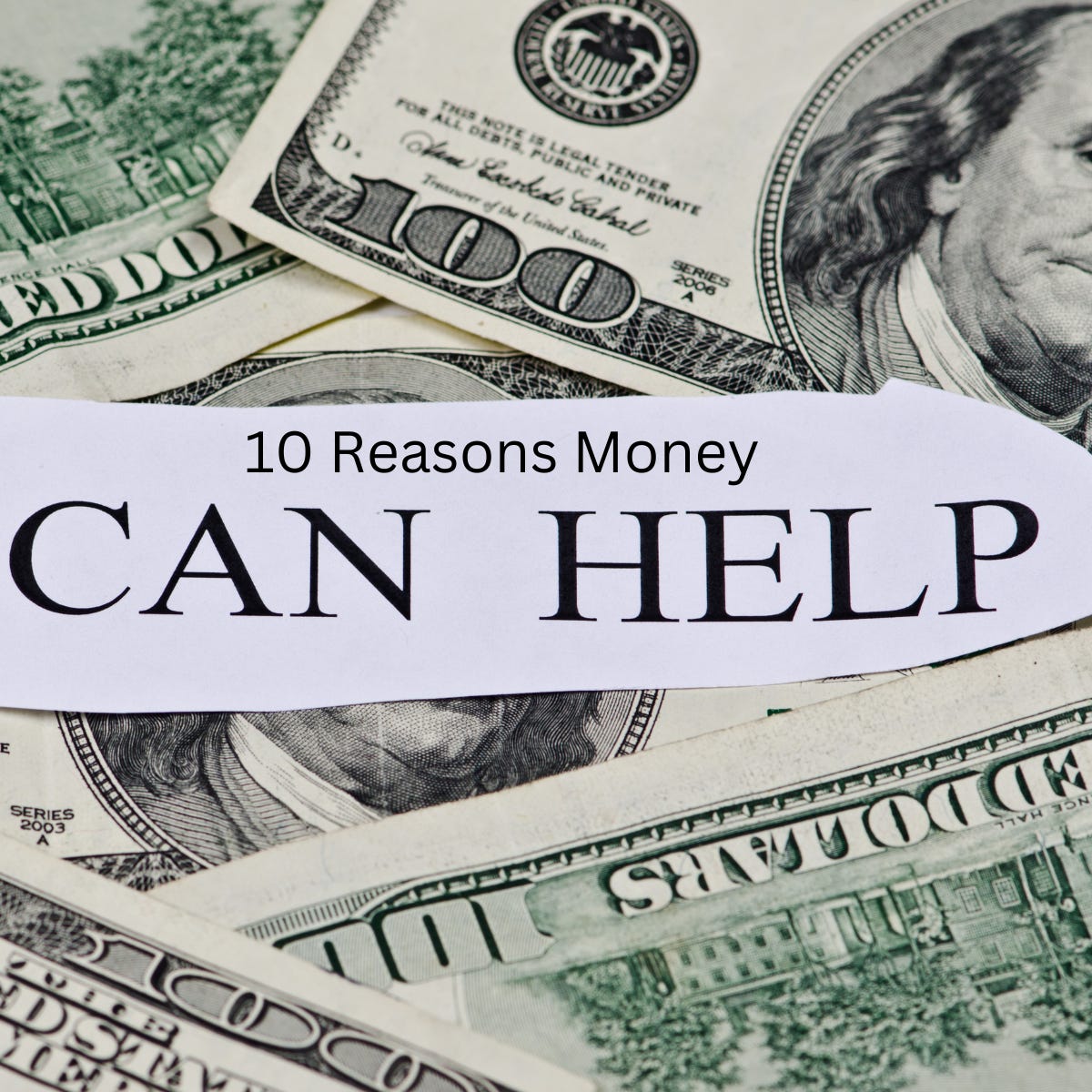Kingdom Economics: The Divine Purpose of Money
Understanding the Biblical Foundations and Real-World Applications of Financial Stewardship in 2024
### Section One: 10 Reasons You Need Money
When asked, "Why do you need money?" responses may vary from basic survival to fulfilling desires like vacations or caring for family. Below are ten reasons that highlight the necessity of money, grounded in biblical principles as articulated by Tudor Bismark in "Kingdom Economics."
1. Money Answers All Things
Ecclesiastes 10:19b states, "Money answers everything." This emphasizes that while God knows our needs (Matthew 6:8), prioritizing Him is essential (Matthew 6:33). In 2024, the average American household debt rose to approximately $16,000 per person, indicating a tendency toward misallocation of financial resources, with many families relying heavily on credit.
2. Money is a Defense
Ecclesiastes 7:12 compares wisdom to money as a defense. Poverty limits one's ability to enact change or defend against harm. In 2024, the poverty rate in Nigeria is estimated at 38.9%, with around 87 million Nigerians living below the poverty line, demonstrating how financial resources can empower individuals and communities.
3. Money Creates a Place for Memorial Prayers
The story of Cornelius in Acts 10 illustrates how his prayers and alms were remembered by God. Recent studies show that charitable donations can lead to significant improvements in community welfare, with organizations reporting that every dollar donated can yield up to $4 in social benefits.
4. Money Creates a Beginning
Just as seeds can change cycles in nature, money can create new beginnings. Jacob's offerings in Genesis led to his prosperity and a transformative encounter with God. In 2024, microfinance initiatives have helped millions break the cycle of poverty by providing small loans that enable entrepreneurial ventures.
5. Money Opens Heaven
Malachi 3:10 reveals God's promise to open the windows of heaven in response to tithing. This principle suggests a direct correlation between generosity and divine blessings. In Nigeria, the implementation of structural reforms is expected to bolster economic growth, demonstrating how financial stewardship can lead to national prosperity.
6. Money Changes Your Dimension
The ability to give influences one's scope and importance in society. For instance, charitable giving has surged in 2024, with non-profit organizations reporting a 10% increase in donations compared to the previous year, showing that increased financial capacity allows for greater community impact.
7. Money Changes the Prosperity Equation
Money can break the cycle of poverty. Recent reports indicate that wages have increased in various sectors, leading to significant improvements in living standards. In India, over 300 million people have been lifted above the poverty line in the last decade through initiatives that improve wages and education access.
8. You Need Money for Family and the Poor
Money enables support for family members in need and allows for contributions to charitable causes. In the U.S., approximately 1.6 million children experience homelessness and hunger annually, highlighting the critical need for financial resources to address familial and social challenges.
9. Money is Needed to Sow Honor
Honoring those who serve in ministry or community roles often requires financial resources. In 2024, many churches are recognizing their leaders with substantial gifts, providing a financial foundation for those who dedicate their lives to service.
10. Money Buys the Future
Financial stability reduces stress and fosters long-term planning. Investments in education, technology, and infrastructure are crucial for securing a better future. The World Bank reports that nations investing in education see a return on investment that fuels economic growth and societal development.
### Conclusion
While the desire for money is often seen as a negative trait, it can serve many positive purposes. Understanding the biblical foundations of financial stewardship can guide us in using money wisely.
### External Sources
- Federal Reserve Bank of New York: Household Debt and Credit Report (https://www.newyorkfed.org/microeconomics/hhdc)
- World Bank: Poverty Overview (https://www.worldbank.org/en/topic/poverty/overview)
- IMF: Nigeria Economic Outlook (https://www.imf.org/en/News/Articles/2024/03/04/pr2467-nigeria-imf-staff-completes-2024-article-iv-mission)
- Reuters: IMF Maintains Nigeria Growth Forecast (https://www.reuters.com/world/africa/imf-maintains-nigeria-growth-forecast-33-2024-2024-05-09)
- World Vision: Global Poverty Facts (https://www.worldvision.org/sponsorship-news-stories/global-poverty-facts)





